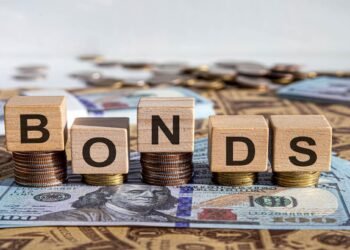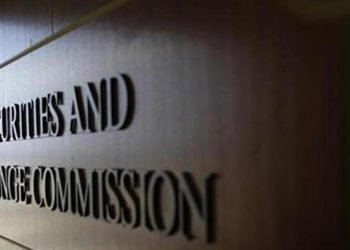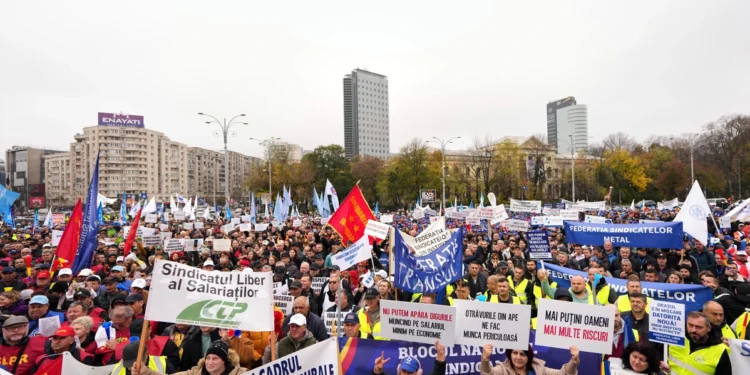The Ghana Stock Exchange (GSE) closed the week on a highly positive note, recording a dramatic surge in both trading volume and turnover.
At the end of the final weekday trading session, a total of 3,504,372 shares, corresponding to a market value of GHS 13,819,215.63, exchanged hands. This represents a 592% improvement in volume and an astonishing 747% jump in turnover compared to the previous trading day on Thursday, November 6.
The remarkable performance underscores renewed investor interest in Ghana’s equities market, reflecting increased optimism about the macroeconomic environment and the resilience of listed companies amid economic recovery signals.
A total of 19 equities participated in the day’s trading session, with the market witnessing active movement across several major stocks. Out of these, two equities recorded gains while two declined, and the remainder traded flat.
Leading the gainers’ chart were Ecobank Ghana (EGH), which appreciated by 0.26%, and GCB Bank, which inched up 0.11%. The two banks continued to benefit from investor sentiment tied to the improving financial outlook of the sector and consistent performance in earnings growth.
On the losing side, NewGold ETF dipped by 0.64%, while Access Bank Ghana recorded a marginal loss of 0.06%. The day’s mixed performance among the listed equities did little to dampen market excitement, as investors cheered the significant surge in overall trading activity.
Once again, MTN Ghana remained the heartbeat of the GSE, commanding the lion’s share of trading activity. The telecommunications giant recorded a massive 3.29 million shares traded, reaffirming its dominance as one of the most liquid and actively traded stocks on the exchange.
Other notable performers included CalBank, which traded 120,081 shares, SIC Insurance Company with 26,660 shares, and Ecobank Transnational Incorporated (ETI), which posted 22,132 shares. The increased participation of these key equities demonstrates the diversity of investor interest, ranging from the telecommunications and banking sectors to the insurance industry.
Market Indices Edge Up Slightly
Despite the extraordinary rise in volume and turnover, the GSE’s key market indicators showed only modest gains, reflecting a cautious optimism among investors. The benchmark GSE Composite Index (GSE-CI) edged up by 1.32 points (0.02%), closing at 8,229.16 points.
While this represents a weekly loss of 1.86% and a 4-week loss of 3.06%, the market remains firmly positive on a year-to-date basis, boasting an impressive 68.34% gain.
Similarly, the GSE Financial Stocks Index (GSE-FSI) increased marginally by 0.04% to close at 4,188.68 points. Despite recording a weekly decline of 0.12%, the financial index maintained a 4-week gain of 6.07% and a year-to-date growth of 75.94% — clear evidence of the strong fundamentals driving the financial sector in 2025.
The market’s total capitalization closed the week at an impressive GHS 163.1 billion, highlighting the depth and resilience of Ghana’s equity market. The sustained growth in capitalization reflects investor confidence in listed firms and the Ghanaian economy at large.
Market watchers note that institutional investors, particularly pension funds and mutual funds, have continued to play a vital role in sustaining liquidity and stability on the GSE. The surge in trading activity, therefore, could indicate both renewed institutional participation and an increasing appetite for local equity investments amid improving macroeconomic stability.
The significant jump in turnover and trading volume is a strong signal that investor confidence is returning to the Ghanaian stock market. Analysts attribute this development to a combination of macroeconomic recovery, stable interest rates, and improved corporate performance across major listed companies.
According to market experts, the rally in turnover suggests that investors are not only rebalancing portfolios but also positioning themselves ahead of the upcoming corporate reporting season. The rise in activity, they argue, could be an early indication of increased foreign investor participation as Ghana’s economy continues to recover from recent fiscal tightening and inflationary pressures.
While the surge in market activity is encouraging, analysts caution that volatility may persist in the short term as investors continue to respond to both local and global economic cues. The slight losses recorded on the indices suggest that some investors are still exercising caution, particularly given global uncertainties such as fluctuating commodity prices and shifting monetary policies in major economies.
Nonetheless, with a year-to-date gain of over 68% on the GSE-CI and nearly 76% on the GSE-FSI, Ghana’s stock market continues to outperform many African peers, reinforcing its position as one of the most dynamic exchanges on the continent.
READ ALSO:Self-Centeredness Over Common Good Compounding Ghana’s Problems – CDD-Ghana Fellow Laments























